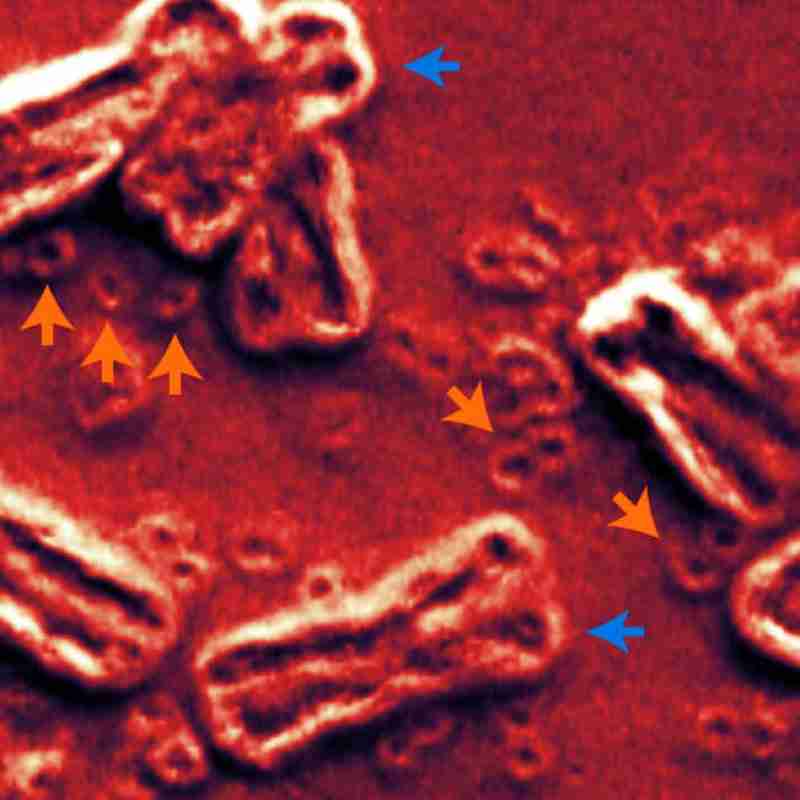Cancer cells may owe some of their destructive nature to unique, “doughnut-shaped” DNA, according to a new study.
The study, published [November 20] in the journal Nature, found that, in some cancer cells, DNA doesn’t pack into thread-like structures like it does in healthy cells — rather, the genetic material folds into a ring-like shape that makes the cancer more aggressive.
…
Having broken loose from the chromosomes, they were hanging out on other pieces of DNA inside the cell, according to a paper the authors published in the journal Science in 2014. They then found that these “extrachromosomal” pieces of DNA (ecDNA) actually occur in nearly half of human cancers but have rarely been detected in healthy cells.
…
This ring shape makes it much easier for the cell’s machinery to access a slew of genetic information — including the oncogenes — so that it can quickly transcribe and express them (for example, instruct a healthy cell to turn cancerous), [pathologist Paul] Mischel said. This easy accessibility allows tumor cells to generate large amounts of tumor-promoting oncogenes, evolve quickly and adapt easily to a changing environment.
Read full, original post: ‘Doughnut-Shaped’ DNA Makes Cancer More Aggressive



































